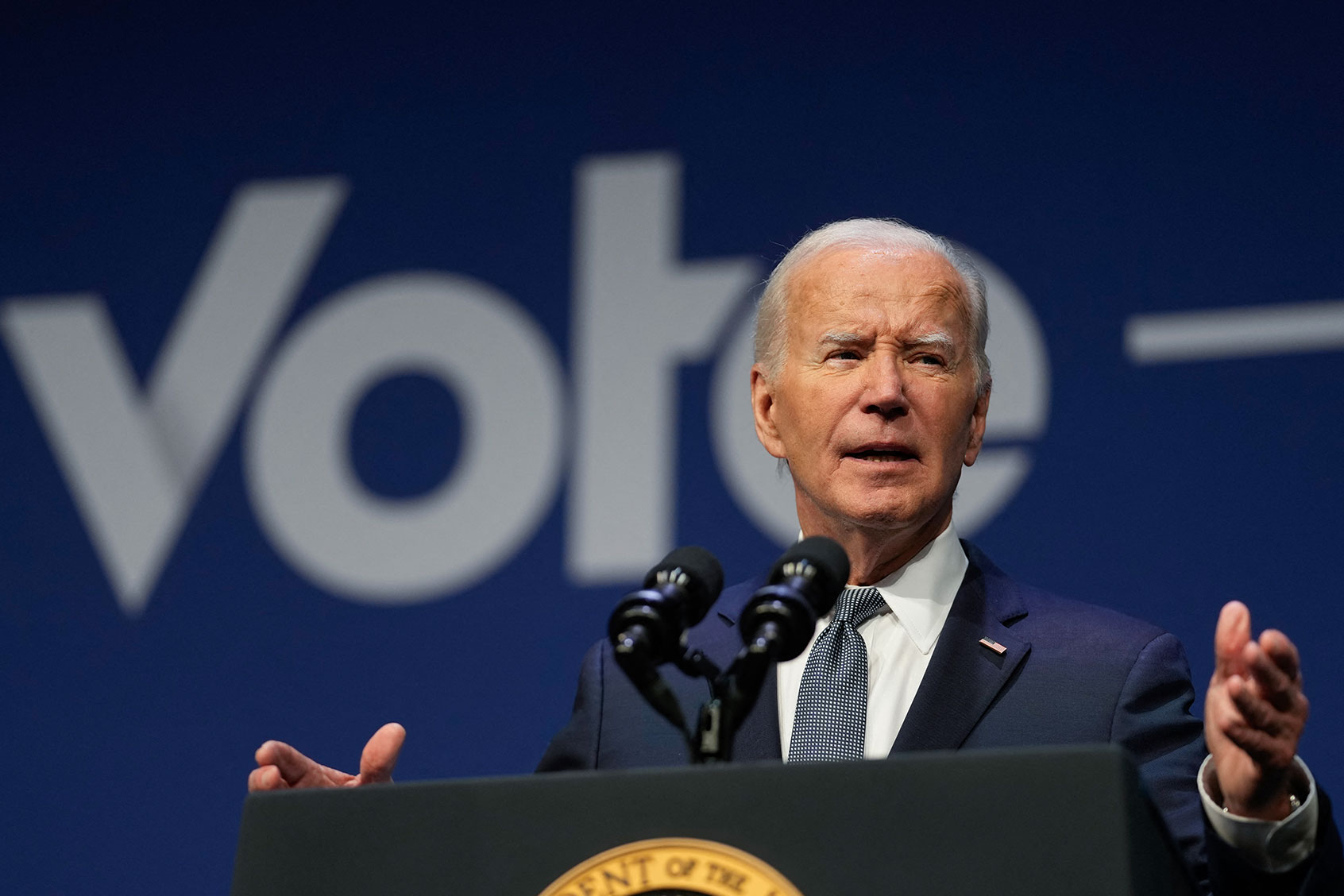President Joe Biden is now open to proposals that would drastically reform the Supreme Court after long resisting calls for change from members of his own party, underscoring Democratic interest in addressing the court's ethics scandals and alleged power grabs. One source familiar with the discussions told The New York Times that those plans include the imposition of term limits and an enforceable code of ethics on the judges.
Biden is also considering a push for a constitutional amendment that would limit a president's immunity for "official acts," which, if passed, would reverse a much-ballyhooed decision by the Supreme Court's conservative majority earlier this month.
The Supreme Court has also overturned federal abortion rights, blocked gun-control measures and gutted the administrative power of federal agencies. Some of the judges who weighed in on those decisions are marred by ethics scandals, which include reports that Justice Clarence Thomas, one of the most conservative members of the court, failed to disclose lavish gifts and luxury travel provided to him by billionaire Republican megadonor Harlan Crow.
Trump, who appointed three of the current sitting judges, hammered Biden's embrace of reform in a Truth Social post, writing that "the Radical Left Democrats are desperately trying to 'Play the Ref' by calling for an illegal and unConstitutional attack on our SACRED United States Supreme Court."
Any legislative change to how the Supreme Court operates requires the approval of a Republican-controlled House and a Senate where Democrats hold only a slim majority, making Biden's proposals unlikely to become law before the end of the year. A constitutional amendment has an even steeper mountain to climb, typically requiring a two-thirds vote by both houses of Congress and ratification by three-fourths of state legislatures.
The Supreme Court proposals, along with recent announcements to cap rents and wipe out medical debts from credit reports, appear to be part of an effort by Biden to resuscitate his flailing campaign, lay out a second-term agenda and draw a contrast with Trump, who has been competing with the president for working-class voters. Biden continues to face alarming poll numbers and renewed calls for him to step aside for a Democrat who can beat Trump, but his moves to the left may at least solidify his standing with some progressives, who have already endorsed his remaining on the ticket.


